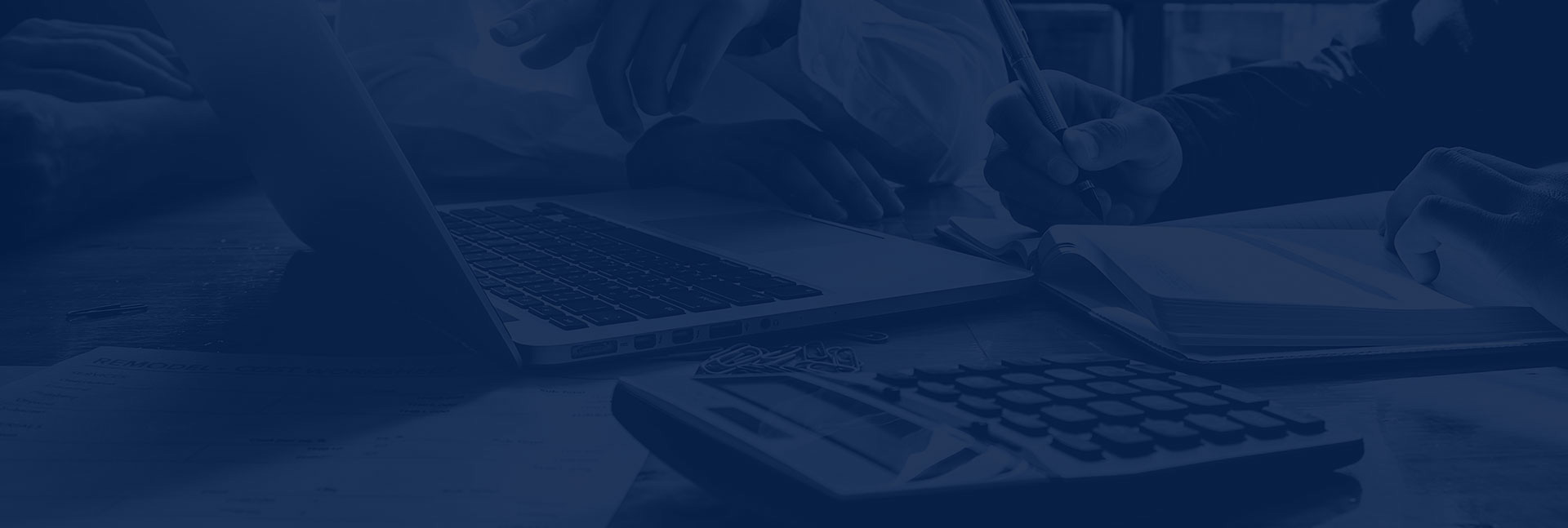The Importance of Legal Guidance During Bankruptcy
If you are filing for bankruptcy, it may seem excessive to spend money hiring an attorney, but doing so could save you time, money, and your financial future. Keep reading to find out why you should hire an attorney for your bankruptcy case.
Bankruptcy: What You Should Know
The United States Bankruptcy Code includes every bankruptcy law, regulation, and precedent that could apply to your case. According to the code, there are six types of bankruptcy available to individuals and companies, but for individuals the two main types are Chapter 7 and Chapter 13.
Chapter 7
Chapter 7, also known as liquidation, is a great option for those with substantial amounts of debt and little to no disposable income. During Chapter 7, the debtor files and takes a means test. This test measures the debtor’s income against the median household income for their region. If their income is at or less than the median, they pass but a higher income may not be accepted.
Once the debtor passes the means test, they are assigned a trustee who will oversee the liquidation of their assets. All assets will be divided into two groups: assets that are exempt and those that are not. Assets that are not exempt will be liquidated to pay the creditors. Exempt property is free from liquidation, and often includes property that is essential to the continuation of the debtor’s employment.
For example, if a debtor commutes to work, they could potentially keep their car. Work on computers, cell phones, and other devices could also be exempt if they are used exclusively for work.
When a Chapter 7 case is complete, some if not all unsecured debts are discharged by the court. Student loans and financial obligations like child support and alimony cannot be discharged by the court unless there is proof that the debtor would go through extreme hardship if they were left with the debts.
Chapter 13
Chapter 13, or the repayment plan, is a type of bankruptcy best suited to those with debt, but some disposable income. During Chapter 13, the debtor will apply for bankruptcy and if approved, they will begin the repayment plan. Chapter 13 relies on the debtor’s disposable income instead of liquidation of assets to pay creditors. Disposable income is the funds left over after paying living expenses, loan payments, and court-ordered financial obligations.
The debtor will be responsible for drafting their own repayment plan which must result in full repayment of their debts within a three- or five-year period. A good repayment plan must include:
- A comprehensive record of all assets, properties, investments, and debts
- Reasonable steps to pay back creditors
- Strategies to modify loans or negotiate with creditors
- Payments that fit the debtor’s lifestyle and disposable income
The goal of the repayment plan is to pay back what the debtor owes over an extended period of time. To accomplish this, the plan must be reasonable. Bankruptcy judges review Chapter 13 repayment plans and will approve or deny them based on how realistic full repayment will be based on the plan.
Chapter 13 allows the debtor to keep their home, properties, and assets in addition to having a less intense impact on the debtor’s credit score. The outcome of any Chapter 13 case depends on the debtor’s ability to create and follow their repayment plan.
What Do Bankruptcy Lawyers Do?
Bankruptcy is a debt relief option that can help those struggling with debt recover and build a better future, but it can also be a hard decision to make. Filing can affect your credit and buying power, but the result of any bankruptcy case can be improved with the help of an attorney.
Bankruptcy attorneys are navigators who guide their clients to the right path for their financial future. As licensed professionals, they focus their careers on providing accurate and actionable counsel to those going through hardship. Attorneys are also held accountable by the state bar and their peers.
As navigators, bankruptcy attorneys advise their clients about:
- Whether bankruptcy is right for them
- Which type of bankruptcy is the most optimal based on the client’s financial situation
- How bankruptcy works
- Which forms need to be completed to file
- Which debts are dischargeable and options for non-dischargeable debt?
- How many assets will be impacted by filing?
Attorneys understand the intricacies of bankruptcy law and can advocate for your best interest. Whether you file for Chapter 7 or 13, a lawyer can help you approach bankruptcy with a clear head and a workable strategy to resolve your financial woes.
A Word of Caution: Pro Se Filers
Attorneys are certified and experienced professionals who dedicate their careers to bankruptcy cases like yours. Their knowledge cannot be understated. That said, filing without a lawyer, or pro se filing, is possible but never recommended. When you choose to file pro se, you are choosing to face the bankruptcy court alone, without a legal counselor. This means that you must choose a bankruptcy chapter, file correctly, and resolve your case on your own.
It is important to understand that bankruptcy is a complicated legal process that involves more than just you and the bankruptcy court. You will need to interact with the court clerks to submit your application and go through credit counseling from an approved provider to be considered for bankruptcy. You may also need to meet with creditors directly and navigate the remainder of the process and wait for debt discharge. Pro se filers are rarely accepted and are often denied.
If you are not an attorney, the bankruptcy process can be extremely difficult to navigate and without a legal background, you could potentially make mistakes on your forms that could negatively impact your case.
When you choose an attorney, you are entrusting your future to a person who cares and a professional who can get the job done with your best interests in mind. How you start bankruptcy, is often how you finish so it is important to start the journey with an experienced attorney so you can be better positioned for full financial recovery.
Your Case Is Our Priority
At Law Office of Seni Popat, P.C., we understand how difficult it is to choose bankruptcy as a debt relief option. There is a lot at stake, and the uncertainty of your future can be intimidating. Attorney Popat has represented countless clients and has helped them navigate the bankruptcy process to come out on top. Respected by peers and appreciated by clients, Seni Popat is a trusted advisor and advocate to those who need one most.
When you are ready to discuss your bankruptcy options, contact our Queens office and schedule your free initial consultation.














